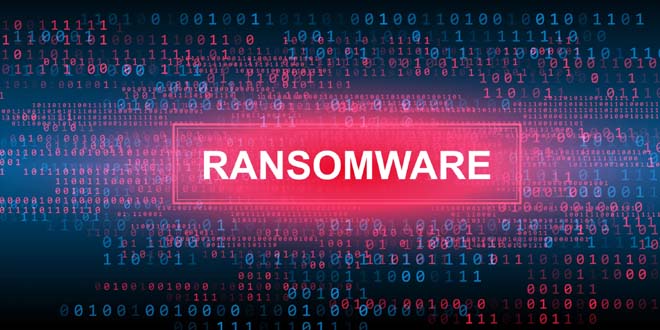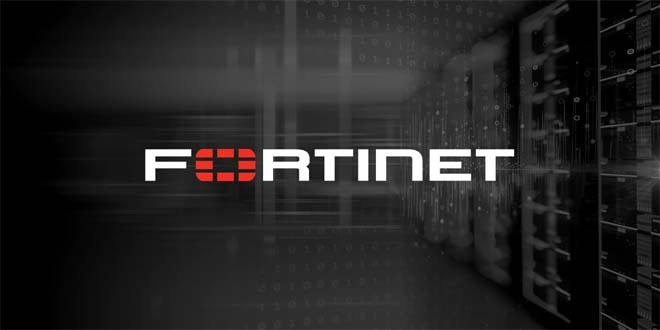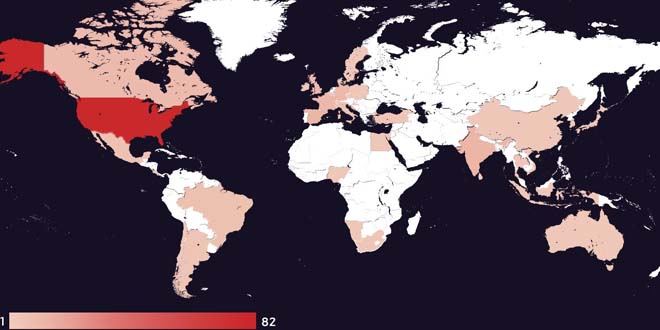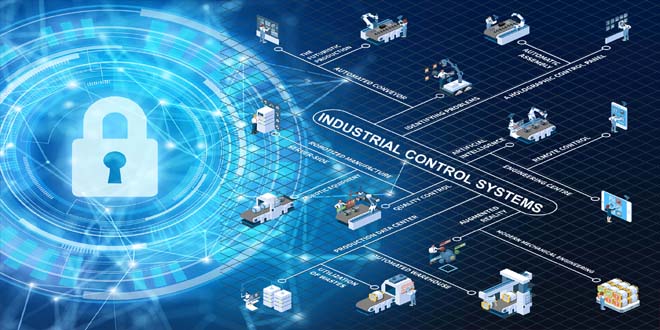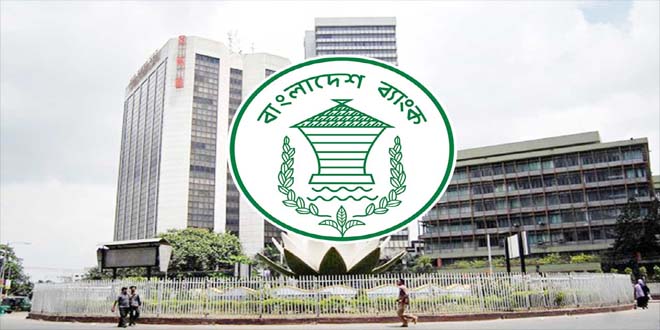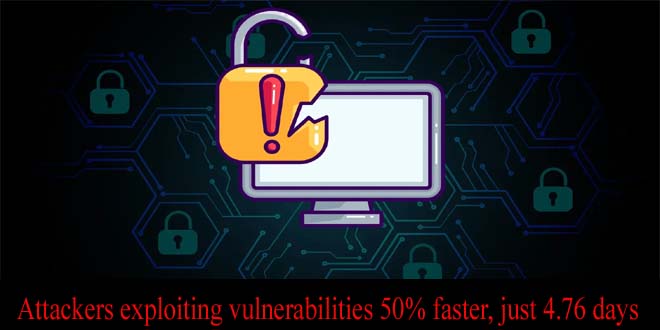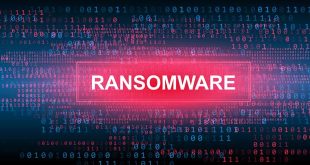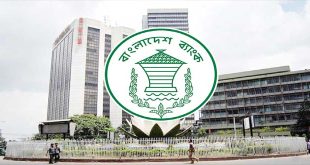Internet services will face partial disruption in the country for around 20 hours on October 31 and November 2. This is because the country’s first submarine cable will be partially disconnected for an upgrade.
The circuits through the South East Asia-Middle East-Western Europe 4 (SEA-ME-WE 4) submarine cable installed Cox’s Bazar will remain partially disconnected for 10 hours from 2 am to 12 pm on October 31 and for another 10 hours from 2 am to 12 pm on November 2.
The capacity of the SEA-ME-WE 4 is being increased and when a system is upgraded, the existing services have to be modified, according to Mirza Kamal Ahmed, managing director (additional charge) of Bangladesh Submarine Cables PLC (BSCPLC), told the local media. For that, the system needs to remain closed for a certain period, he said.
BSCPLC is investing $3.2 million to increase the capacity of its first undersea cable by almost six times to 4,600 Gbps. The first undersea cable connected Bangladesh in 2006. It currently provides almost 800 Gbps bandwidth, with a capacity of 850 Gbps.
“Some of our customers’ internet service will remain closed. But since SEA-ME-WE 5 will remain operational, the disruption will be partial,” he added.
“It should be noted that the bandwidth capacity of the BSCPLC on SEA-ME-WE 4 submarine cable will increase significantly after the completion of the said upgradation work,” the state-run company said in a statement. BSCPLC provides a connection of 1,700 Gbps through the SEA-ME-WE 5, which was established in 2017.
Current bandwidth usage is over 5,000 Gbps, with approximately 2,700 Gbps coming from international terrestrial cable (ITC) licenses that import bandwidth from India through land borders. The rest about 2,400 Gbps is supplied by the BSCPLC, which connects the country with two submarine cables. BSCPLC will get 13,200 Gbps from the SEA-ME-WE 6 undersea cable by 2025.
The government plans to connect all education institutions to the internet and establish a blended education system. This will cause a 600% increase in internet bandwidth usage, reaching 30,000 Gbps in seven years.
Summit Communications, CdNet Communications, and Metacore Subcom Ltd – were granted licenses to establish and operate submarine cables last year. The three have teamed up to connect the country with the first private submarine cable by 2025.
 InfoSecBulletin Cybersecurity for mankind
InfoSecBulletin Cybersecurity for mankind


